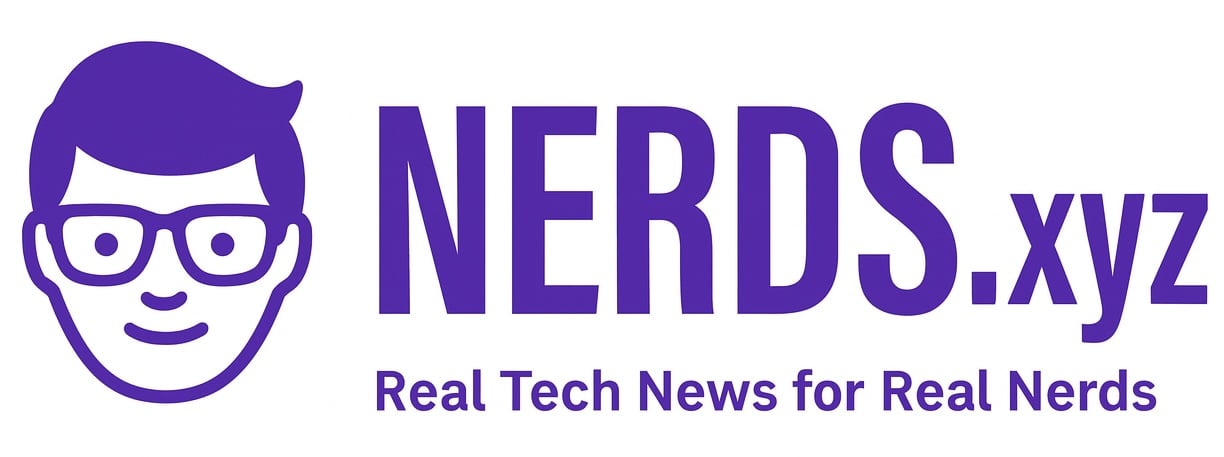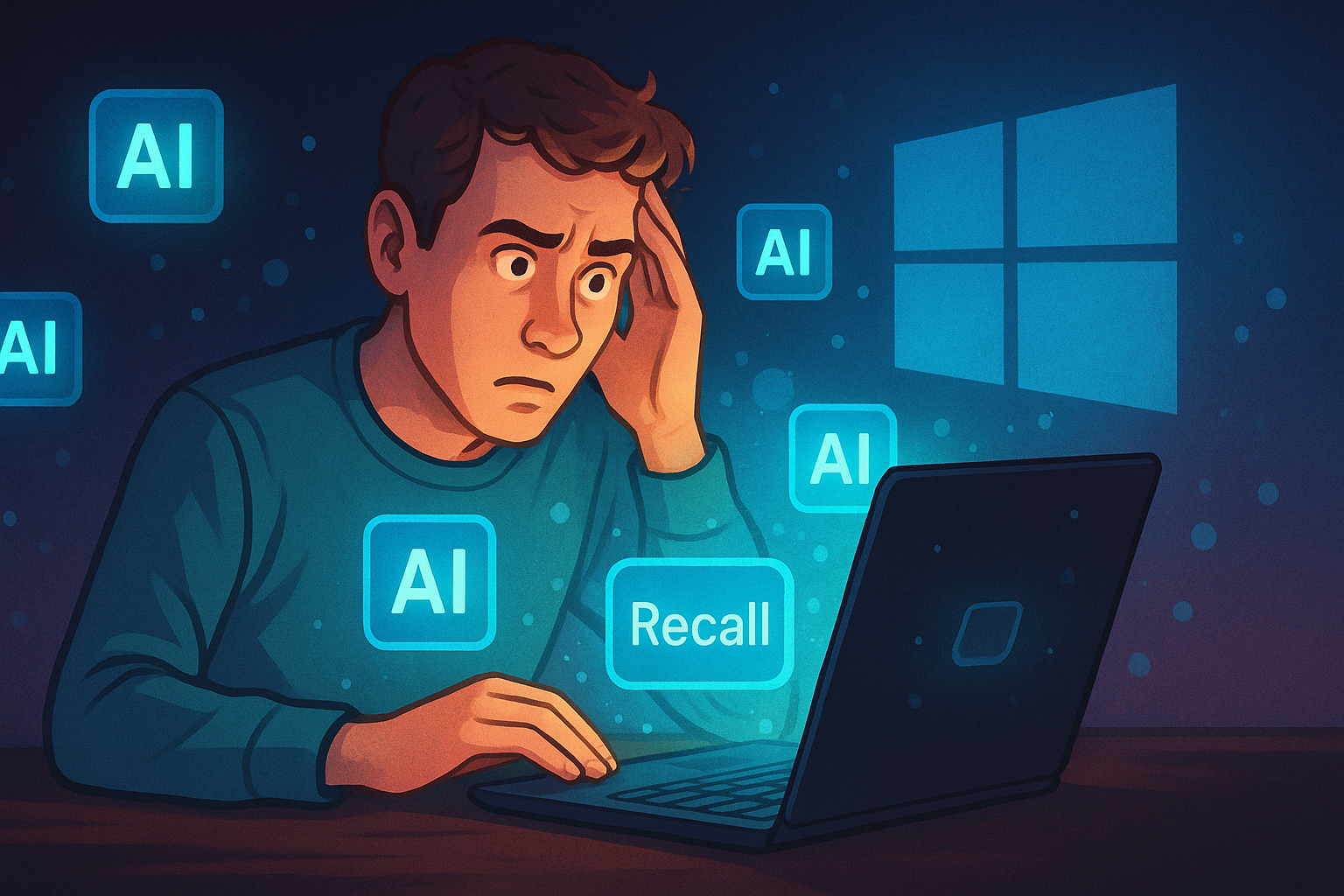Microsoft is pushing a new term hard right now. It is calling a certain class of Windows 11 computers Copilot+ PCs. If you’re not sure what that means, you’re not the only one. I cover this stuff for a living and even I had to step back and ask if this is just a rebrand or something that actually matters.
So here is what it is. A Copilot+ PC is a computer with a special chip inside called an NPU. That stands for neural processing unit. It is designed to handle artificial intelligence features directly on the device instead of relying on cloud services. Microsoft says these chips can perform up to 40 trillion operations per second. That sounds impressive on paper, but it is not the number that really matters. It is what the machine does with it.
Copilot Plus PCs are a new class of Windows laptops featuring built-in AI capabilities, powered by dedicated NPUs and enhanced with features like Recall and Live Captions. These machines meet Microsoft’s strict hardware standards for AI performance.
The question is, are these features useful or just fluff designed to sell new hardware? Let’s break it down.
These computers, powered mostly by ARM-based Snapdragon chips, are supposed to be faster, more efficient, and smarter thanks to these AI features. The most talked-about one so far is something called Recall.
Here is what Recall actually does. It quietly captures snapshots of your screen throughout the day, creating a searchable timeline of what you have done on your PC. So if you read an article last Tuesday or filled out a form yesterday, you can scroll back and find it like flipping through a digital diary.
It sounds handy. It also sounds a little creepy.
Microsoft insists this data stays local to your device and is encrypted. But people immediately raised privacy concerns, and with good reason. If anything malicious gets access to that Recall archive, it is not just your browsing history that is exposed. It is everything you looked at, typed, and opened. From personal notes to banking info.
After the backlash, Microsoft announced changes. Recall will now be off by default, and you will need to authenticate to turn it on. That is an improvement, sure, but the idea still feels risky. Whether people will trust it long term is another question entirely.
Beyond Recall, Copilot+ PCs include AI features like real-time translations, smarter search tools, and image editing tricks. These all run using the NPU, and they do work locally. But the thing is, a lot of these features already exist elsewhere. You do not need a new PC to caption a video or summarize a paragraph. You can already do that on Linux, macOS, or even with browser extensions.
Then there is the issue of compatibility. Because these are ARM machines, many older Windows apps have to run through emulation. Microsoft says support is strong now, and yes, a lot of stuff works. But if you rely on legacy software or anything niche, you could run into roadblocks. And even if apps technically launch, that does not mean the experience will be great.
Battery life is one area where these machines probably shine. ARM chips are good at power efficiency, and having the NPU handle heavy lifting means less strain on the CPU. If all you care about is longer unplugged time, a Copilot+ PC might be worth considering. But if you are being pitched on AI as the reason to upgrade, it is fair to ask whether any of these features are truly useful or just extra fluff.
If you are someone who values control over your system, or you prefer open-source tools, these machines are probably not for you. Linux support on Snapdragon-based Windows laptops is still a work in progress. There is promise, but you will be dealing with incomplete drivers and broken hardware support for a while.
Instead, you are better off looking at something like a Framework Laptop, a TUXEDO machine, or even a refurbished ThinkPad running Fedora or Debian. You will get speed, flexibility, and none of the AI baggage.
At the end of the day, Copilot+ PCs are built for a certain kind of user. If you are fully bought into Microsoft’s ecosystem and excited about on-device AI, maybe you will like this direction. But if you are like me, someone who likes to know what their machine is doing, how it is doing it, and why, you might want to sit this one out.
So should you care? Sure. Keep an eye on it. Just do not confuse branding with innovation. This is not the future of computing. It is one possible path, and for some of us, it is the wrong one.
As an Amazon Associate I earn from qualifying purchases. Some links in this article may be affiliate links. If you click one and make a purchase, I may receive a small commission at no extra cost to you. This helps support NERDS.xyz. Thank you



